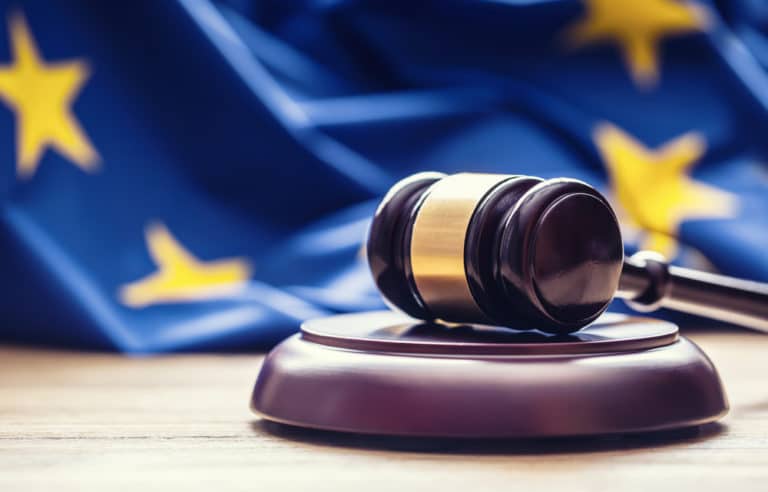Amazon does not have to pay back 250 million euros in tax to the European Union. This was ruled by a judge after the company was accused of paying too little tax through a financial construction in Luxembourg.
In 2017, the European Commission ruled that Luxembourg had given an unfair tax advantage to Amazon. As a result, the US tech giant only had to pay about a quarter of the tax that would normally have applied. The company set up two subsidiaries in the country in 2006 in order to make this financial arrangement possible. Through these subsidiaries, European turnover was passed on to the US under the name of Project Goldcrest. According to the European Commission, Amazon had an advantage with this construction over the competition, which has to pay the full taxes. This would make the practice illegal.
Ruling in Amazon’s favour
However, Amazon has appealed the ruling, claiming that its actions did not violate any laws. The General Court of the European Union agreed with Amazon because the Commission “did not prove to the requisite legal standard that there was an undue reduction to the tax burden” of Amazon’s subsidiaries in Luxembourg. This means that the repayment of the roughly 250 million euros of lost tax revenue is off the table.
Setback
The ruling is a setback for Margrethe Vestager, who is working hard to tame the power of American tech giants within the European Union. In this way, she hopes to provide more opportunities on the market for European alternatives. She also called Amazon’s financial construction illegal back in 2017. It is not the first setback for Vestager. Reuters points to failed attempts to get Apple to pay back 13 billion euros in Irish taxes and Starbucks to pay 30 million to the Netherlands.
Vestager has, however, also had some successes. For example, Chrysler Fiat Automobiles must pay back 30 million to euros Luxembourg and she persuaded Ireland, Luxembourg, the Netherlands and Belgium to change their tax rules. Vestager also dealt with a Luxembourg tax construction of the French utility company Engie.
DSA and DMA
In the future, Amerikan tech giants will have to deal with even tighter regulations. With the Digital Services Act and Digital Markets Act, large tech companies will be forced to provide more transparency about their online practices and adhere to fair market practices. These proposals are currently under consideration.
